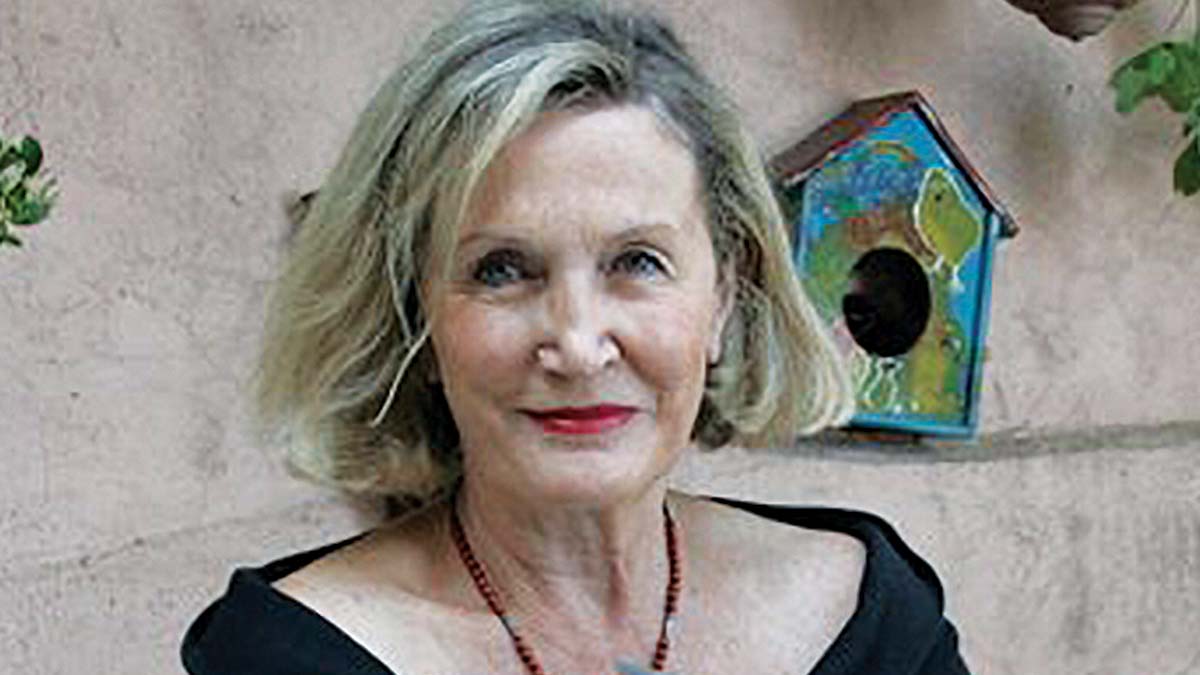AS I SEE IT
MARIANNE HERON
We may not be royalists in Ireland but we are confirmed British royal watchers, curious about the next episode in this real Game of Thrones. At Charles III’s May 6 coronation there will be will be pageantry galore, and the chance to see who is there and who isn’t (Harry will be, Meaghan won’t).
There is the longer-term question: after his long 70 year wait to rule since he was named as heir apparent in 1953 is there any chance that King Charles III will surprise us? The answer for the oldest monarch to succeed to the throne of Britain at 74 maybe both yes and no.
There will hardly be the same excitement that there was when his mother, Elizabeth, was crowned in 1953, an event seen on TV for the first time by many and which caught the public imagination after years of post-war austerity. Now, after a surfeit of royal scandals and Netflix’s Crown series, watchers are more cynical, wondering if this could be the end of the monarchy. Hardly, though, given 12,000 years since Alfred the Great became King of England in the 9th century, the stability and symbolism of a royal Head of State seems well and truly embedded in the British way of life.
You get what it says on the tin with Charles who is a mix of old-school, country squire who loves nothing better than pruning trees and shrubs when at his weekend retreat at Highgrove and someone who has a hard-working, business-like attitude to getting things done. Since he took over the management of the Duchy of Cornwall aged 21, the 52,000 acres private estate founded in 1337 has gone from barely breaking even to turning a £21m. profit (mainly through investment, rather than rent). The Duchy, which will now pass to his heir Prince William, gave Charles practical outlets for his deep concerns with farming, with climate change and with heritage.
Another of his commitments is with helping disadvantaged young people succeed and, since it was founded in 1976, the Prince’s Trust has facilitated more than a million young people with training and jobs.
In a constitutional monarchy where the Head of State has neither a political nor an executive role, there isn’t much room for manoeuvre. Charles may not continue to send missives (known as the black spider memos, due to his handwriting) to minsters about his pet concerns or indulge his hobby horses like his Poundbury development in Dorset, an architectural experiment in line with Charles’ ideals set out in his book ‘A vision of Britain’.
Where Charles does have the opportunity to make a difference is in restoring confidence in the Royal’ Firm’. He has already spoken of his intention to slim down the number of royals on public duty and in the public eye.
There are repair jobs to be done on the relationship with the Sussexes after their exit to the US and the revelations in Harry’s book ‘Spare’ and perhaps a meaningful role out of the public eye to be found for Andrew.
The fate of Diana still casts a long shadow, though. Despite growing acceptance of Camilla as Queen Consort you could still question why Charles and Camilla didn’t stay together when they first romanced, why Camilla chose the dashing Captain Parker Bowles instead and why she chose to remain on the scene as the third party in Charles and Di’s marriage?
It’s through influence that Charles can be most effective, through his relationship with the 50 plus members of the Commonwealth, many of them former British colonies, in overcoming the legacies of the past like colonialism and slavery. And also through his involvement in a multicultural Britain and through inclusiveness towards the underprivileged. He has the opportunity, as former President Mary Robinson did, ‘to shine a light’.
I sometimes wonder why Charles was named after his predecessors on the throne. Charles 1 was beheaded, Charles II, after years in exile, became known after his restoration in 1660 as the Merry Monarch who fathered 12 children by various mistresses. Both were Stuarts rather than Hanoverians of German origin like Charles III. It could have to do with the fact that Charles II, following Cromwell’s grim Protectorate, was one of the most popular monarchs ever.
Perhaps this may rub off on his namesake, who may turn out be THE right Charlie, and not just A proper Charlie.

















